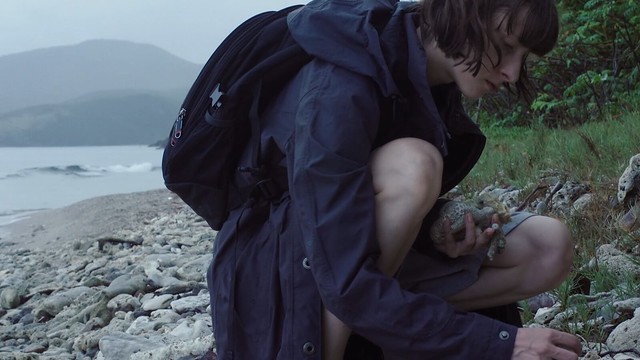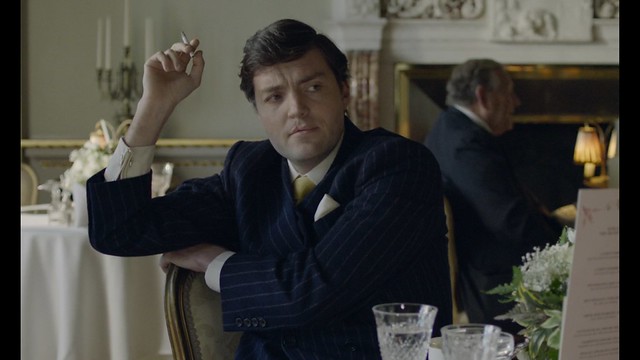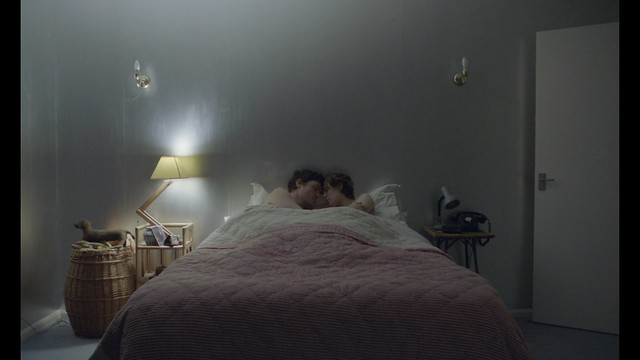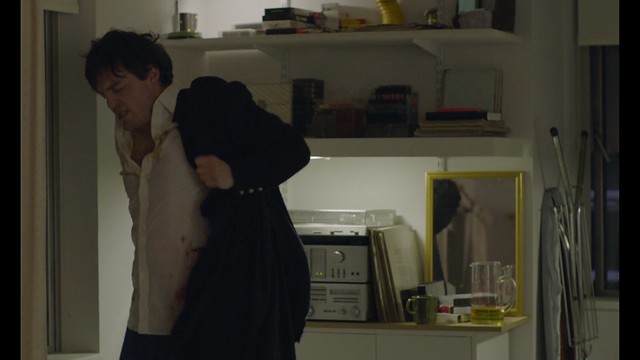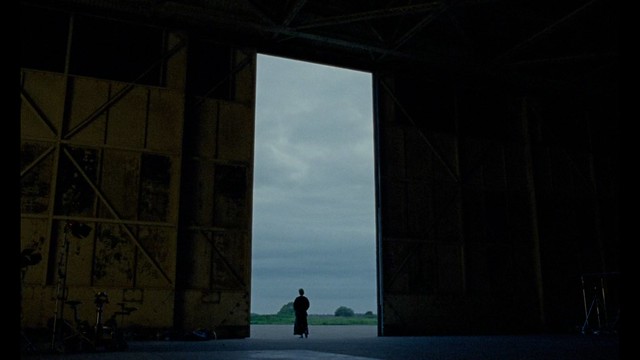Parasite (2019) - Bong

It's a pity that Bong Joonho's Parasite comes out after Lee Changdong's masterful Burning since both films deal with economic disparity, because the comparison would be inevitable. It is also ironic that after Cannes awarded good natured people living in the economical margins in another Asian movie, Shoplifters, just a year before (and Burning competed the same year), they did a one hundred eighty degree turn and award something called Parasite, a deeply cynical film which the title is meant for the very people living in the economical margins.
People of lesser means have been Bong's bread and butter. He's been sketching these poor funny people trying to eke out a living and constantly going in and out of moral muck with sympathetic eyes. In his view, in this world, no one comes out clean. That everyone is guilty one way or another. Also in Bong's world, the rich and powerful have always been rich and powerful and the poor have always been poor. There's never been cause and effect shown. Granted that in a rigid society like Korea, the upward mobility is almost impossible. Except for his big monied, international productions - Snow Piercer and Okja and his native Korean creature feature hit, The Host, where villians are cartoonish and literal monsters, his other films, villians are usually themselves, the everyman.
Now Bong tackles head on the economic disparities with Parasite. It tells a story of a swindler family who lives in a tiny basement apartment. There is a bumbling unemployed dad (Song Kangho), a former track and field athlete mom- also unemployed (Jang Hyejin), a forever jaesusang (a High School graduate who's failed college entrance exams multiple times) son (Choi Woosik) and an artistically inclined daughter (Park Sodam) who is also a jaesusang. The opportunity comes for the son, Kiwoo, to take over the tutoring duties from a childhood friend who is now a college student. He is to tutor a High School Sophomore girl whose family is uber-rich while his friend is studying abroad. With a fake resume (provided by his sister Kijung), Kiwoo gets a foothold in Mr. Park's household and earns the trust of naive Mrs. Park. One by one, with some devious, ingenious planning, the poor family gets hired in various positions - tutors for children (Son and daughter), a driver (Dad) & a live-in maid (mom) without revealing that they are family.
Things get nutty when they discover the hidden basement and find a person who's been secretly living there for years. Upper class/under class metaphor physically manifests.
Here is the thing. Bong is masterful at technical filmmaking and has an amazing eye for mise-en-scene and great imagination to boot. Also love human comedy he brings with his everyman characters. But he fails when things get serious. The major problem in Parasite is that there are no real villains. Uber-rich Park's family is neither monster nor cartoonish. They are just nice people who might be a little clueless. There is no context to the upper/under class struggle here other than material things to compare each other with.
I shouldn't compare Bong's dramedy to serious drama like Haneke's Caché or Code Unknown or anything. But in Burning, without making Steven Yeun's uber-rich character too over the top, Lee created a subtley menacing villian who really got under your skin. However fantastical Emir Kusturica's Underground (another Palme d'Or winner), at least there was a heavy context for history and war of the former Yugoslavia to force people living underground. What I'm saying is Bong's populist shtick alone doesn't quite work when there is no clear enemy and no context. Calling his everyman Parasite doesn't help the matters too much either. With Kiwoo's epilogue, Bong, who didn't have to give us the definite ending in Memories of Murder, is forced to give answer here, just because he handles economic disparity head on. And he seems to say unconvincingly (even to himself) that the enemy is not the wealth but instead, lack of money. And without providing context, that's a terrible answer.
